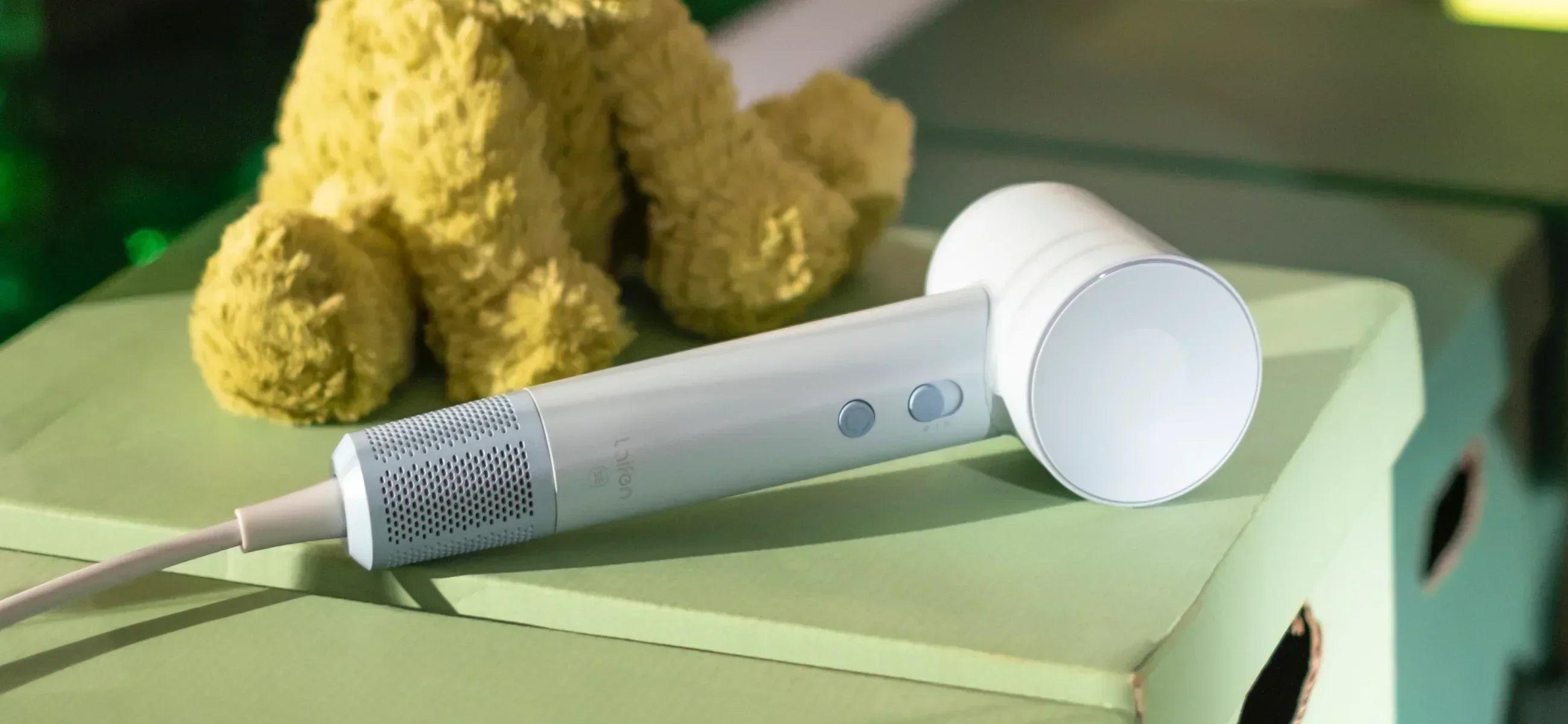
In this article
The debate between titanium and ceramic hair dryers continues to captivate both professionals and consumers alike. Have you hear about ionic vs. ceramic hair dryer? Many are curious about it as well.
As discerning consumers seek optimal performance tailored to their unique hair types, the quest for the superior option persists. You can dig into our comprehensive analysis to glean valuable insights and make an informed decision on which dryer aligns best with your personal preferences and styling regimen.
The differences between hair dryer ceramic VS titanium
These differences in construction and functionality cater to the diverse needs of individuals with varying hair types and styling preferences. In this part, let's put the key feature of the two types into a table.
|
Feature |
Ceramic hair dryer |
Titanium hair dryer |
|
Heating element |
Utilizes ceramic coils or plates for heat |
Employs titanium coils or plates for heat |
|
Heat distribution |
Offers even heat distribution across the surface |
Provides intense and focused heat |
|
Temperature control |
Offers multiple heat settings |
Often features fewer heat settings but higher maximum temperature |
|
Hair type suitability |
Ideal for fine or delicate hair types |
Suited for thick or coarse hair types |
|
Durability |
Generally more fragile and prone to damage |
Known for its durability and resistance to damage |
Which is better?
We cannot decide directly which one is better, but we can answer to this question when preconditions are provided. Let's discuss this here.
Hair type
Consider your hair texture and thickness when choosing between a ceramic and titanium hair dryer. Ceramic dryers are gentler on fine or delicate hair, while titanium dryers provide intense heat suitable for thick or coarse hair.
Heat distribution
Ceramic dryers emit infrared heat evenly, helping to prevent heat damage and frizz. Titanium dryers generate high heat quickly, making them ideal for rapid drying and styling, especially for thicker hair types.
Price and durability
Ceramic dryers are often more affordable and offer excellent value for their gentle styling capabilities. Titanium dryers tend to be pricier but are known for their durability and ability to withstand frequent use, making them a long-term investment for professional stylists or frequent users.
Are they dangerous?
As a professional hair stylist with years of experience, I've used both ceramic and titanium hair dryers extensively. In my experience, ceramic dryers are excellent for everyday use, providing even heat distribution and gentle drying, making them suitable for most hair types.
On the other hand, titanium dryers are more powerful and efficient, making them ideal for thick or coarse hair that requires faster drying times. However, I've found that titanium dryers can be a bit harsh on fine or damaged hair if not used carefully, as they can generate higher temperatures.
Know more hair dryer types!
Ionic hair dryers

Ionic dryers work by emitting negative ions to help lock moisture into the hair shaft. This technology reduces drying time significantly while helping to tame frizz and enhance shine. Ionic models like our Laifen SE and Laifen Swift Special smooth the hair cuticle for those with thick, coarse, or frizz-prone hair.
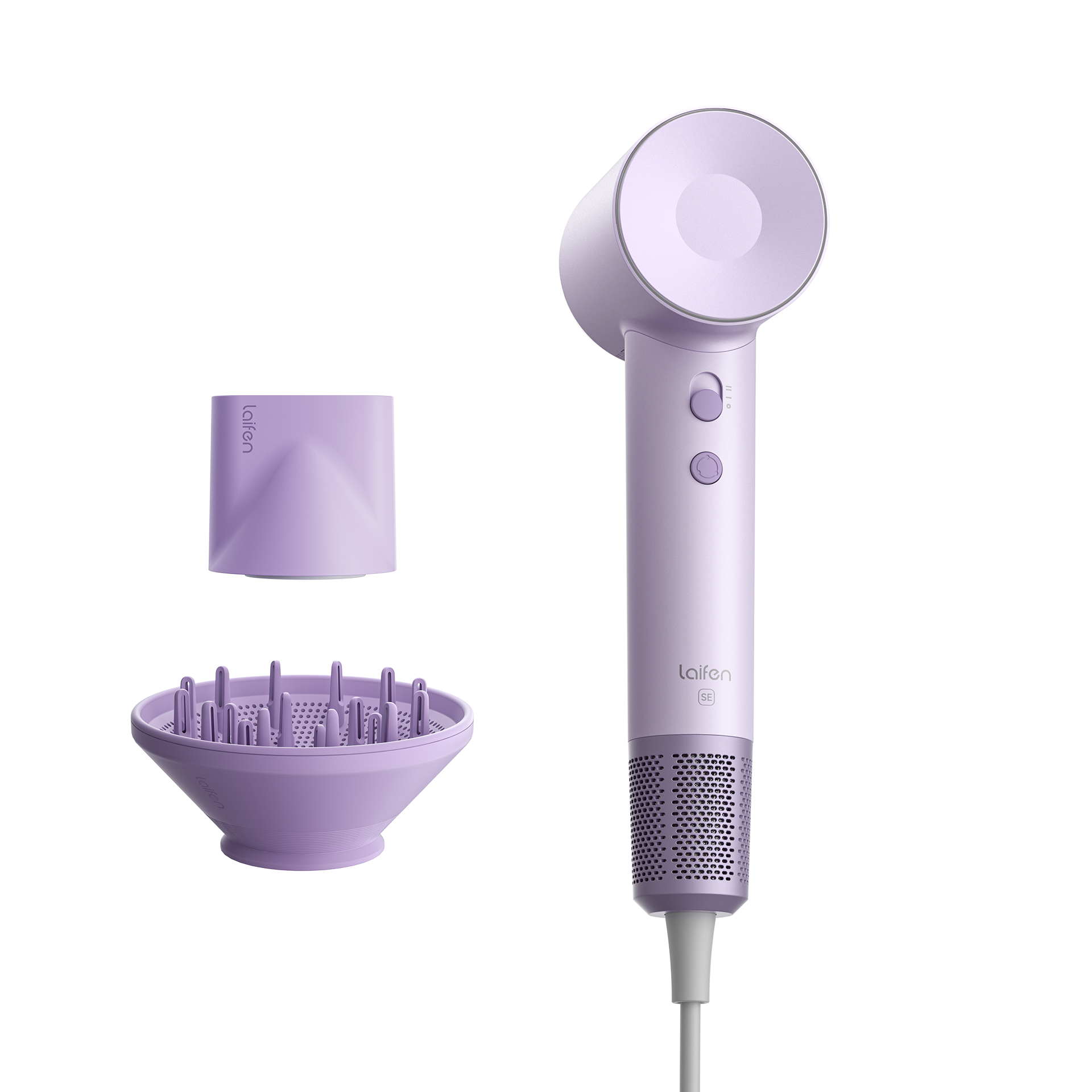
Why it stands out: Reduce static and flyaways. However, it may not be the best fit for fine hair, as it can sometimes leave it too flat or soft.
Best for: Frizzy, thick, or damaged hair needing extra smoothness.
Titanium hair dryers
Titanium dryers are known for delivering high, consistent heat and fast drying times. Unlike ceramic, which disperses heat more gently, titanium heats up quickly and maintains a stable temperature throughout the styling process. That makes it a go-to option for professionals or users with long, dense, or hard-to-dry hair.
Why it stands out: Lightweight and powerful, making it easier to handle during long styling sessions.
Best for: Thick, voluminous hair or salon-level speed.
Infrared hair dryers
Infrared dryers use long-wave infrared heat to penetrate deep into the hair shaft, drying the hair from the inside out. This method minimizes surface damage, reduces heat exposure, and keeps the scalp cooler.
Why it stands out: Delivers gentle heat that protects the outer layer of hair while still drying efficiently. It also improves blood circulation to the scalp, which may benefit overall hair health.
Best for: Damaged, color-treated, or fine hair that’s easily stressed by heat.
Brush hair dryers (Hot air stylers)
These hybrid tools combine the functions of a dryer and styling brush, making it easier to dry and shape hair simultaneously. While not as powerful as standard dryers, they offer great control for creating volume, curls, or sleek blowouts for shorter to medium-length hair.
Why it stands out: Great for at-home styling with one hand. Reduces the need for a separate round brush and offers a salon-like finish with minimal effort.
Best for: Quick styling, adding volume, or smoothing short to mid-length hair.
What hair dryer is least damaging to hair?
The least damaging hair dryer typically features advanced technologies like ceramic or tourmaline components. Ceramic dryers distribute heat evenly, reducing the risk of hot spots that can damage hair. Tourmaline dryers emit negative ions to seal the hair cuticle, locking in moisture and reducing frizz.
I recommend you look for dryers with adjustable heat and speed settings to customize your drying experience. You can invest in a high-quality, well-engineered dryer may cost more upfront but can help minimize damage and keep your hair healthy in the long run.

Our Swift Special belong to such type of a hair dryer, which causes less heat damage to your scalp and hair-no matter they hair type you are, it will make your blowout smooth and soft,
What you need to consider before buying a blow dryer?
What I want to show you in the final part is how can you get a good dryer. By te way, if you like this post, leaving a comment will be appreciated.
Hair type
Different hair types require specific features. For instance, those with thick or curly hair may benefit from a dryer with higher wattage and multiple heat settings, while individuals with fine or damaged hair should opt for a dryer with lower heat settings to prevent further damage.
Technology
Look for advanced technologies like ceramic, tourmaline, or ionic features. Ceramic and tourmaline components distribute heat evenly and emit negative ions to reduce frizz and static, while ionic dryers help speed up drying time and seal the hair cuticle for smoother results.
Wattage
Higher wattage typically means more powerful airflow, resulting in faster drying time. However, excessive heat can damage hair, so it's essential to balance wattage with heat settings tailored to your hair type.
Additional features
Consider additional features like multiple heat and speed settings, cool shot buttons, concentrator nozzles, and diffusers. These hairdryer accessories can enhance styling versatility and help achieve various looks, from sleek and straight to voluminous and textured.
Right hair dryer type for right hair type
We conclude that ceramic dryers rely on clay-based heating elements that radiate steady, infrared heat, wrapping your hair in gentle warmth that dries from the inside out. So even heat distribution that’s kind to your strands, helping to reduce frizz, preserve moisture, and protect delicate scalps.
Titanium dryers, on the other hand, are the high-performance sports cars of the hair world. Powered by metal alloy heating coils, they reach scorching temperatures fast and hold them steady for thick, coarse, or hard-to-dry hair that needs speed over softness. But with that turbocharged heat comes a tradeoff, more potential for heat damage, especially if your hair is already fragile.
We recommend you try Laifen Swift Special or SE ionic hair dryers that make things different. You can try different hair dryer nozzles for your specific hair type. Discover more with Laifen-A brand cares for your hair all the time.

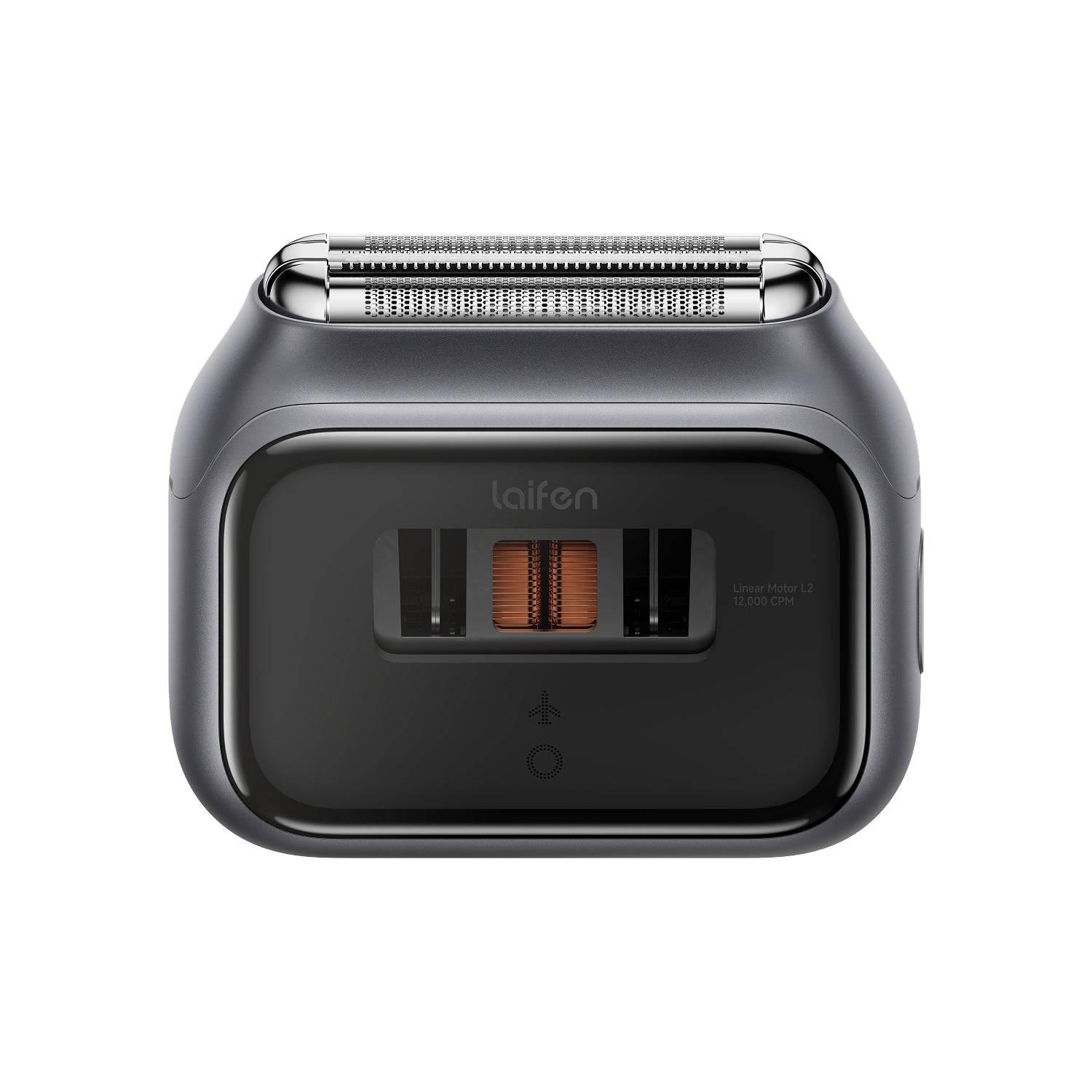
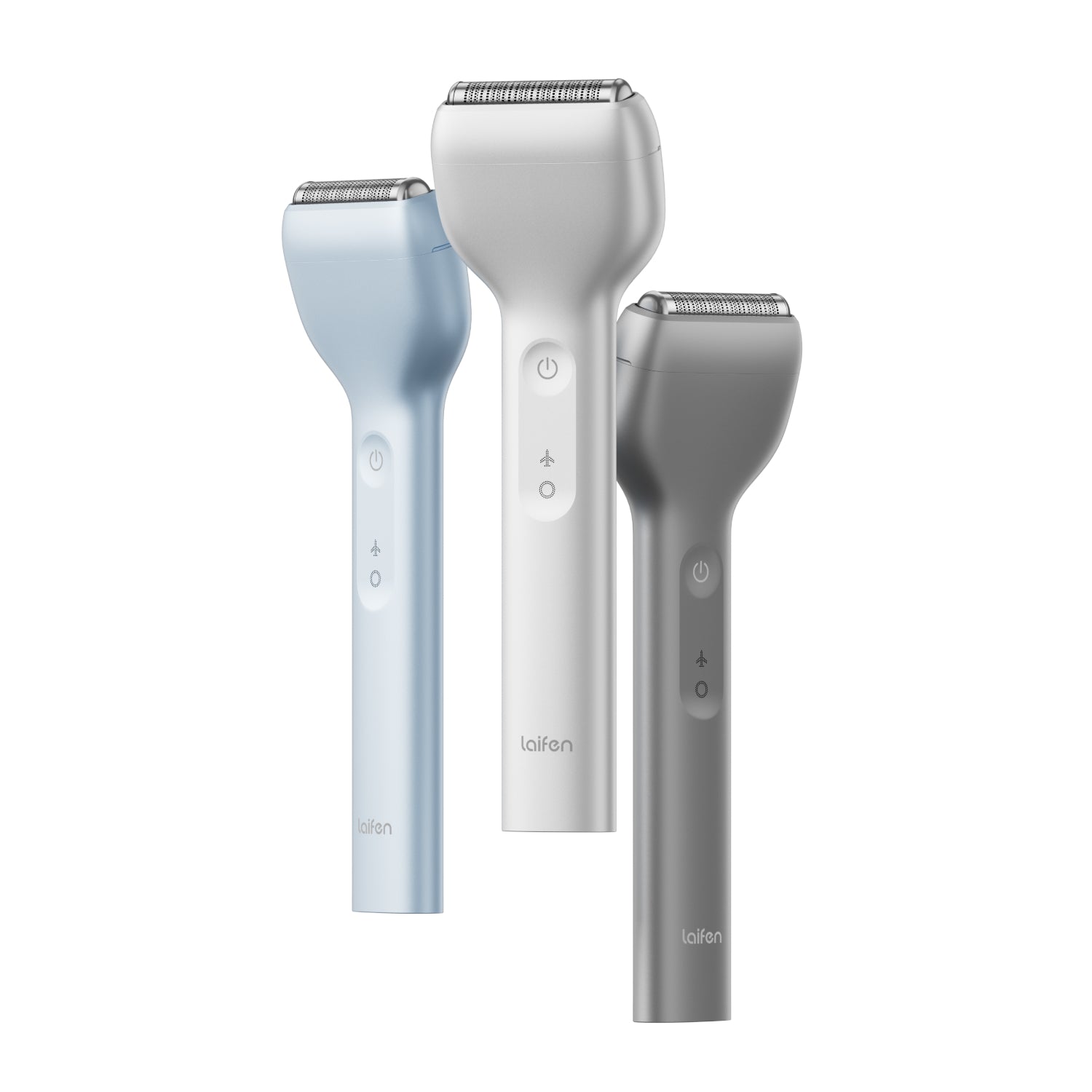


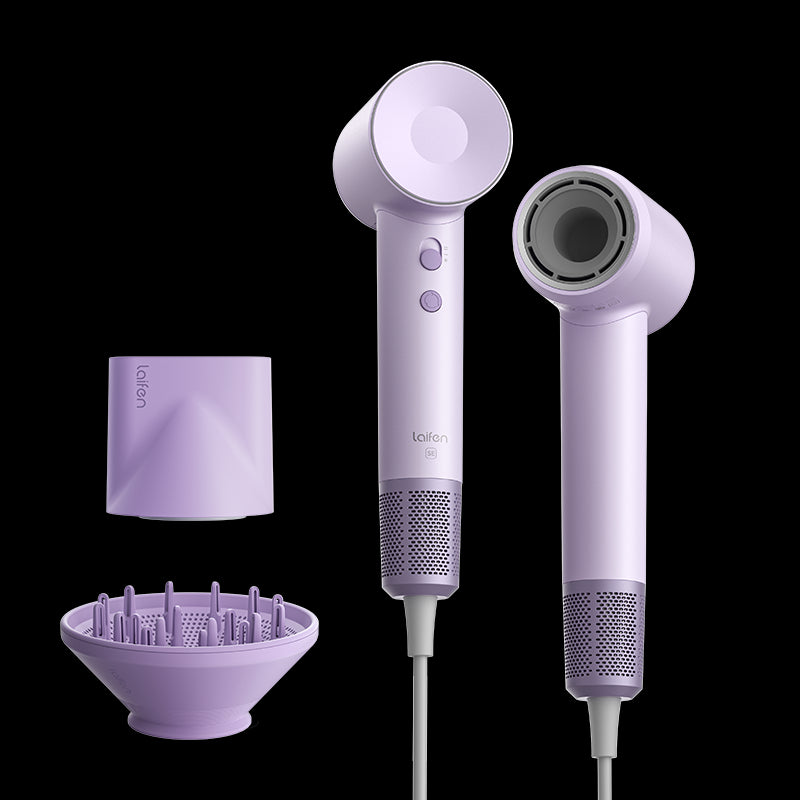













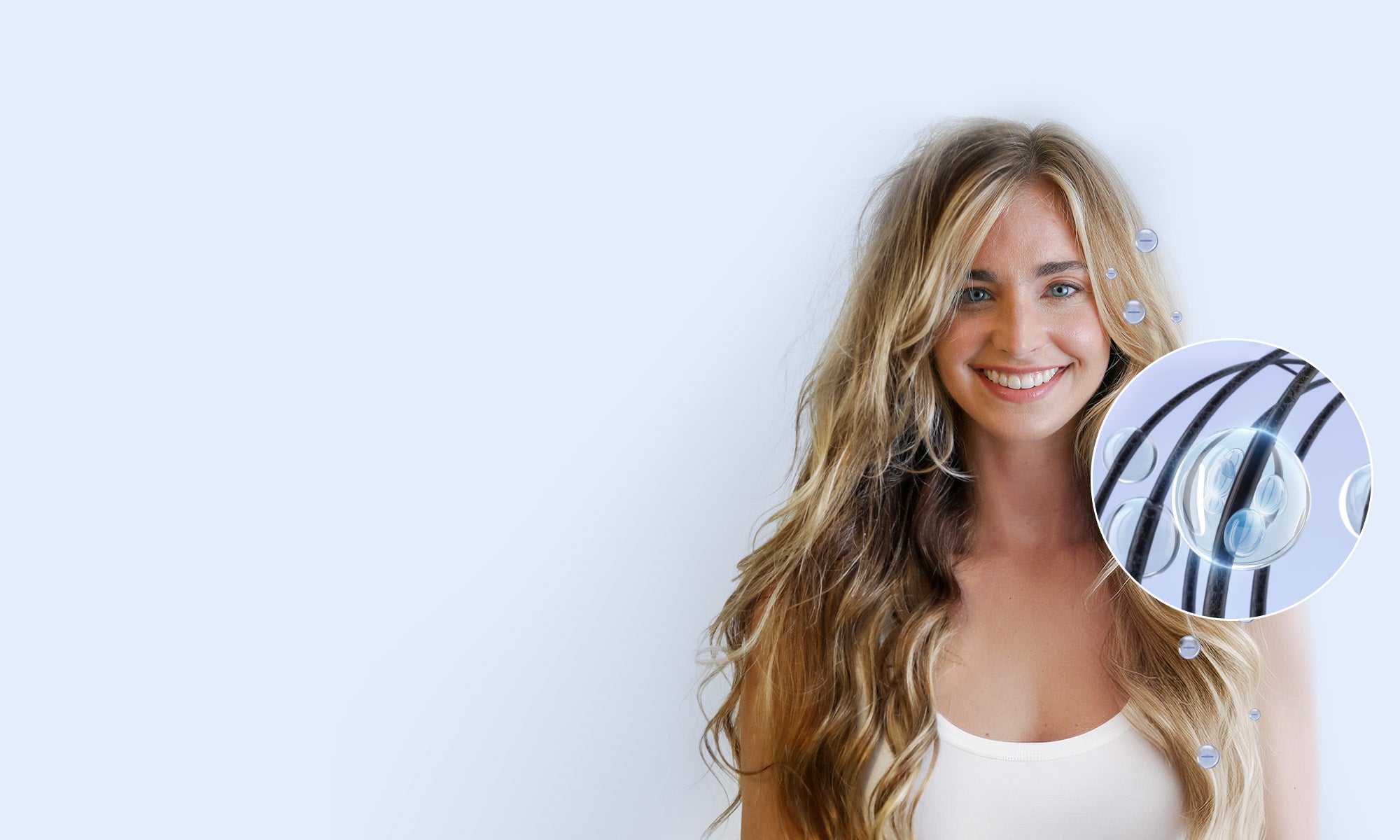

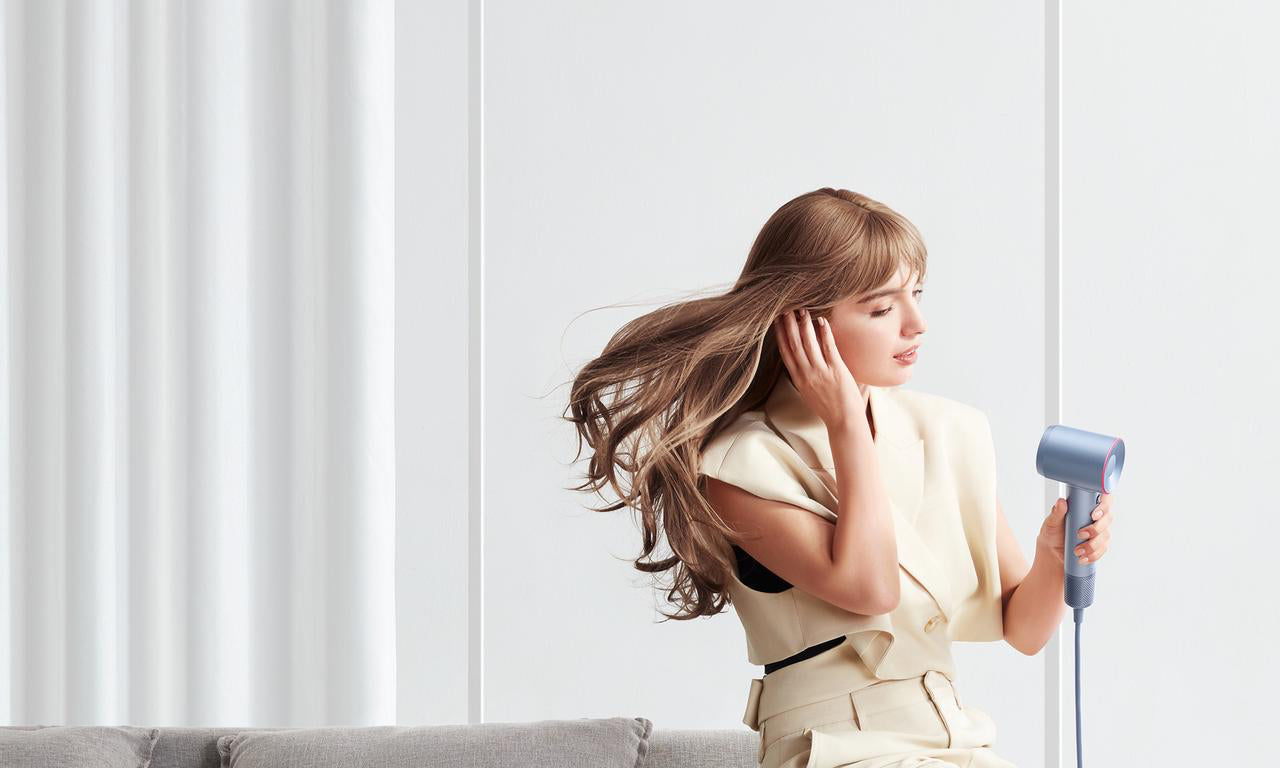

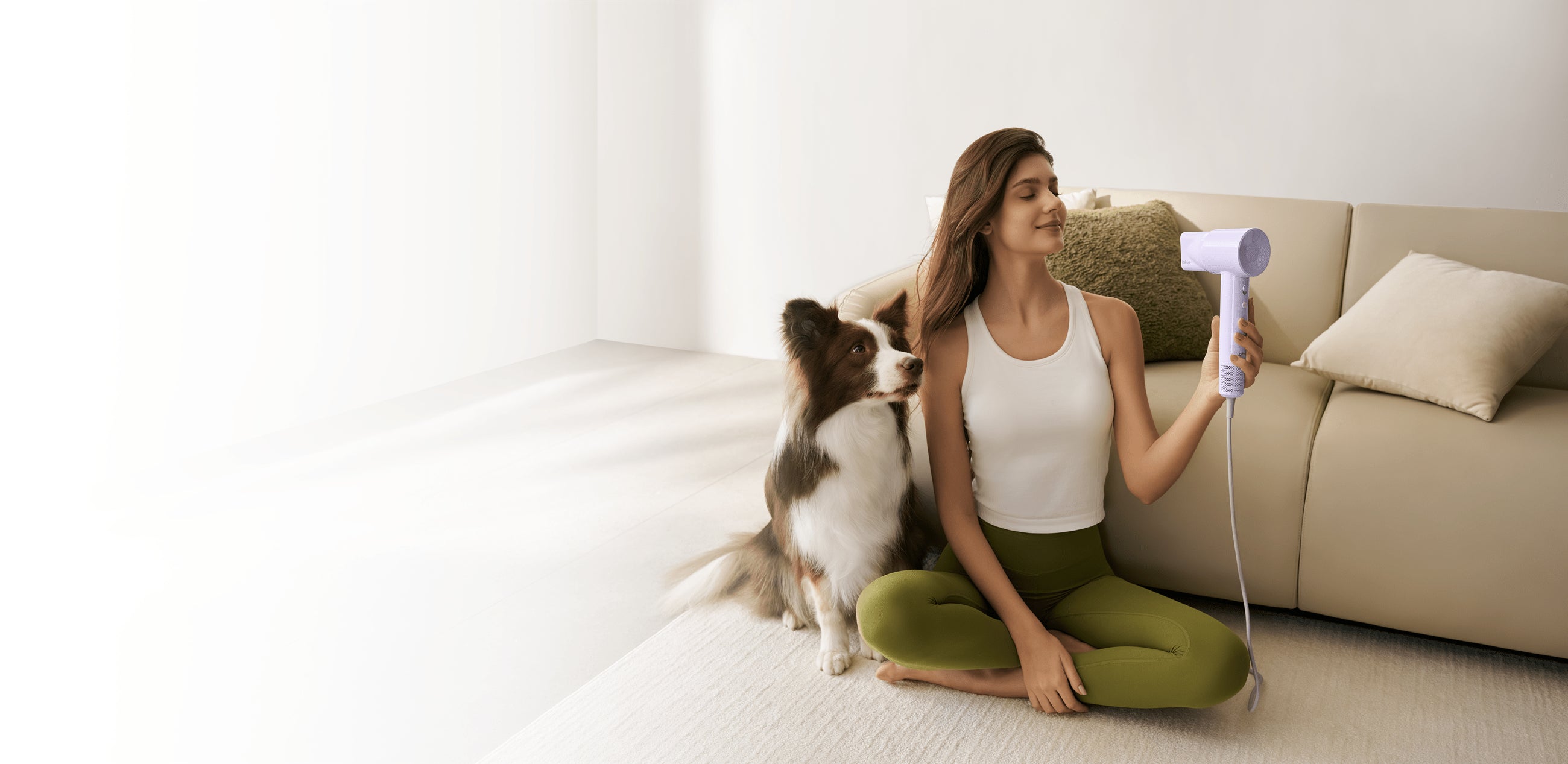

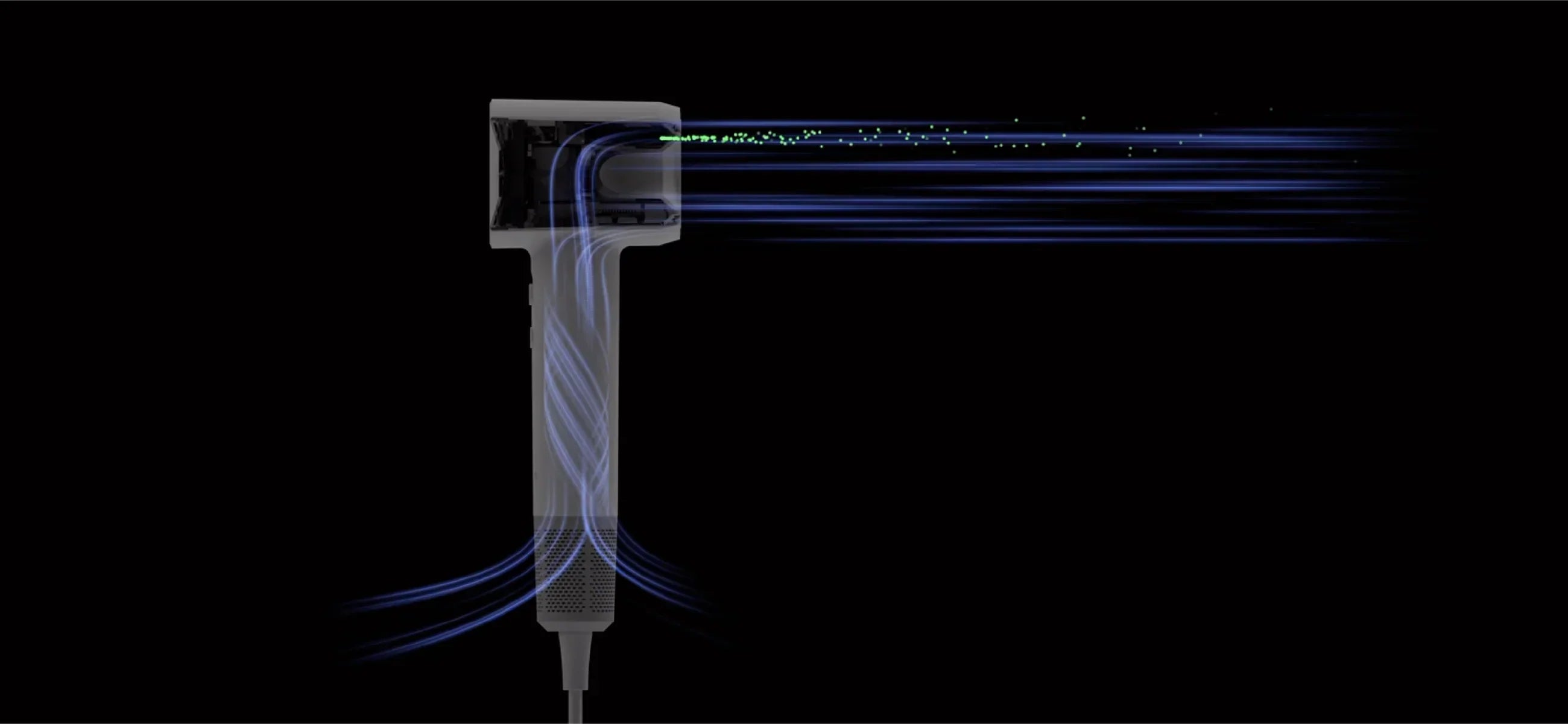
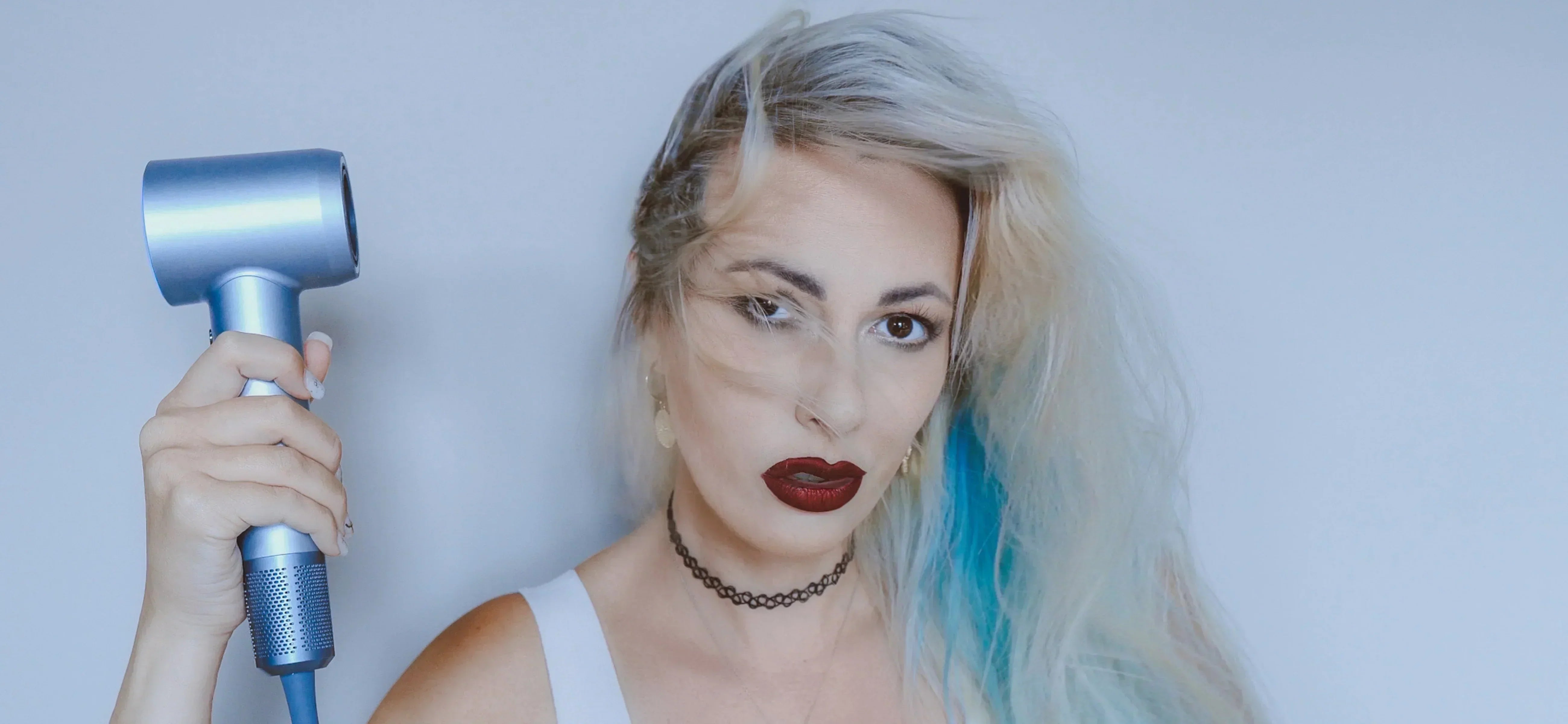





Very informative without being biased. This post definitely helped me decide what hair blower to buy. Thank you